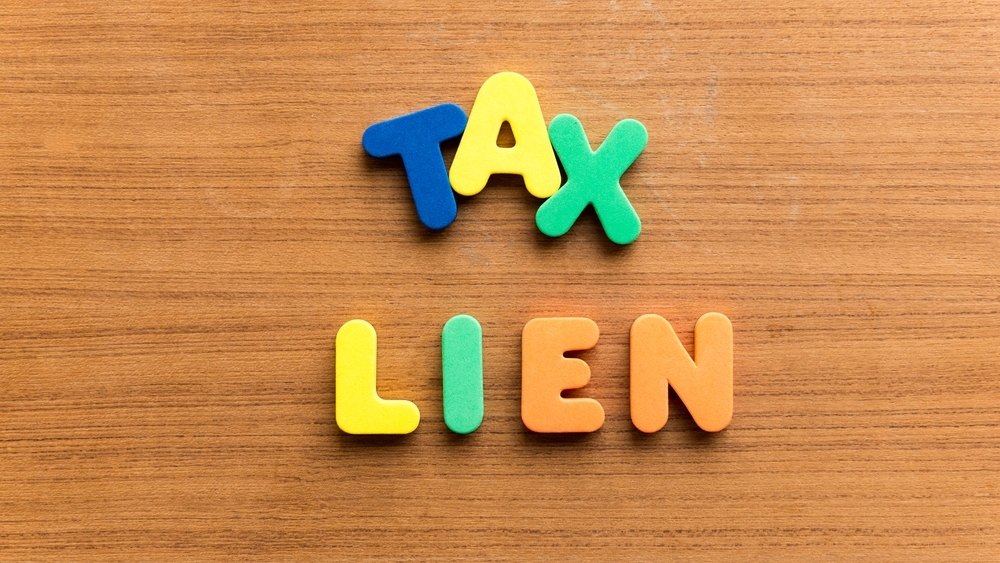
When you buy a home you may expect that you have complete freedom to do what you want with the property, that’s likely not the case. You will probably discover an encumbrance, or limitation, legally imposed upon you regarding its use.
In other words, an encumbrance is any claim or interest held by someone other than the legal owner of the property. Here are the legal terms you need to know to ensure your property rights.
Restrictive covenants. When you buy a home in a subdivision, restrictive covenants are typically a way of life. The covenants or restrictions may address the minimum and maximum size of the home, the distance the house must be from property lines, whether out buildings are allowed, and how much of the house must have masonry. While most of these are settled in the building phase, other restrictions will affect homeowners as they build additions, add landscaping and paint the exterior of their homes.
Most commonly, covenants are enforced by a homeowners association or HOA, which is charged with maintaining the quality of the neighborhood and home values. When homeowners buy into the neighborhood, they must accept the association’s covenants as a condition of sale. Each homeowner must pay monthly or annual dues for the maintenance of common areas, another requirement of the covenants. Although homeowners may chafe under the rules of covenants, they are meant to be for the overall good of the community.
Easements. If a property has any utility lines or public roads that pass through or over it, it is known as an easement. It means the land can be used in a limited way by someone other than the owner. Thus, a power line that spans a piece of land has a utility easement. If the utility company needs to do maintenance on the line, they have the legal right to be on the property. If another landowner can only access his property via a road that runs through your property, he is said to have an easement giving him that right. When properly recorded, easements transfer with the property in a purchase.
Encroachments. Someone who builds on a piece of property that crosses onto a neighbor’s land, or which hangs over it, is encroaching on that neighboring property. This is why, in restrictive covenants, there are often “setbacks” meaning a minimum distance that a structure must be from property lines. An accidental encroachment can often be dealt with via an amicable conversation between owners. A willful disregard for encroachment can end up in court and can cause an issue with conveyance of title to the affected properties until resolved.
Liens. Part of the search that a title company does in a real estate transaction is to find any liens attached to the property. A lien is a legal financial right to the property that must be satisfied before it can be sold. Examples include tax liens filed by government authorities for back taxes, mechanic’s liens filed by contractors who did work on a property and were never paid, and second mortgages or home equity loans.
All of the above encumbrances are typically searched by the title company handling the sale and closing of a piece of property. A title insurance policy is issued to the new owner and lender assuring them that any encumbrances, or imperfections to the title, have been discovered and resolved.



Leave a Reply